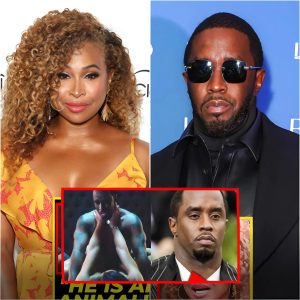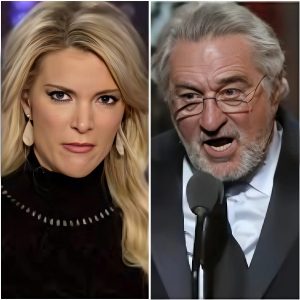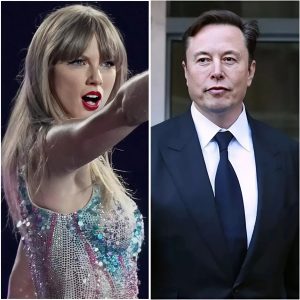In a recent YouTube video, a celebrity photographer, Selma Fonseca, who claims to have attended between 20 to 30 of Sean “Diddy” Combs’ extravagant parties, has come forward to share chilling details about what transpired at these infamous gatherings. Fonseca, who first met Diddy at his birthday party in 1998 before gaining access to several exclusive events, provides a unique perspective on the shocking atmosphere that revolved around these high-profile soirées. While the parties were known for their glitz and glamour, featuring celebrities like Jennifer Lopez, Ashton Kutcher, and Paris Hilton, they also harbored a darker underbelly marked by unsettling behaviors, drug use, and the presence of sex workers.

In her accounts, Fonseca described how Diddy often controlled the environment, from ensuring guests were well-lubricated with drinks to maintaining a loose atmosphere wherein boundary lines blurred significantly. She noted the absence of traditional VIP separation; instead, everyone was treated as a VIP, creating an illusion of exclusivity. However, this also meant that clandestine activities likely took place behind the scenes, as Fonseca observed scantily-clad women entertaining guests, alongside an unsettling familiarity with nudity and indulgence. Despite her extensive experience documenting these gatherings, she admitted never witnessing anything outright criminal but acknowledged that the aura of the events was often tinged with impropriety.

The atmosphere turned even darker with the mounting allegations against Diddy, which have since come to light amid a federal investigation into sex trafficking. As Fonseca detailed the shift in tone during these gatherings—from initially family-friendly events when children were present to chaotic parties as soon as they were sent away—it’s become increasingly clear that the façade of high society masked severe misconduct. Diddy faces numerous charges, including racketeering and sex trafficking, with his lavish lifestyle now under intense scrutiny.
The myriad accusations against him have raised alarming questions about what other prominent figures may have witnessed or been complicit in these activities, especially given the connections between various high-profile attendees. Fonseca’s revelations serve as a haunting reminder of the intertwining of fame, power, and potential exploitation that can exist in elite circles. As more details emerge, the implications for Diddy and his network grow more severe, revealing how the glittering surface of celebrity culture can often hide troubling truths. The unfolding narrative around Diddy’s parties suggests a reckoning not only for him but potentially for the broader industry as well, highlighting the urgent need for accountability in environments that were once deemed untouchable.





